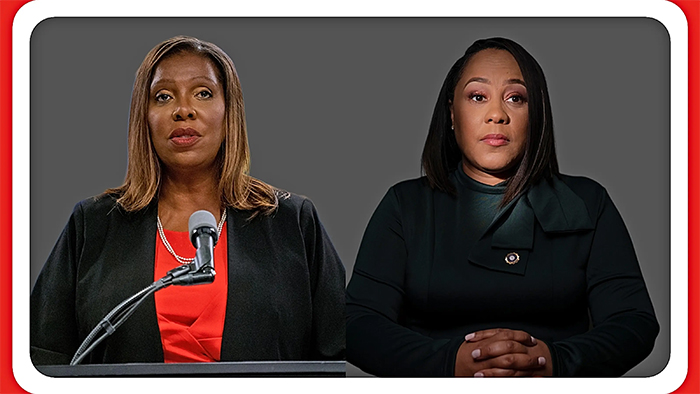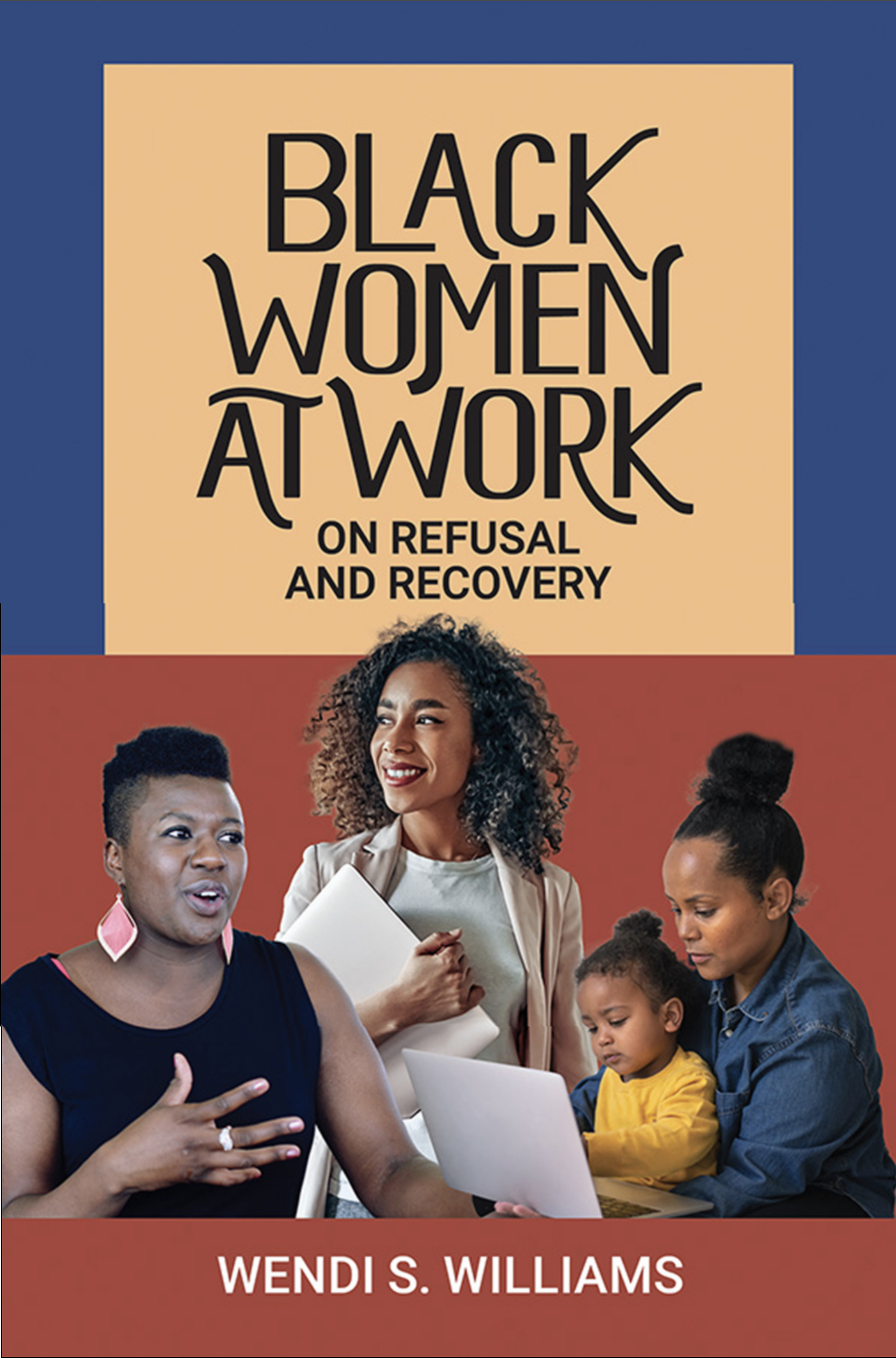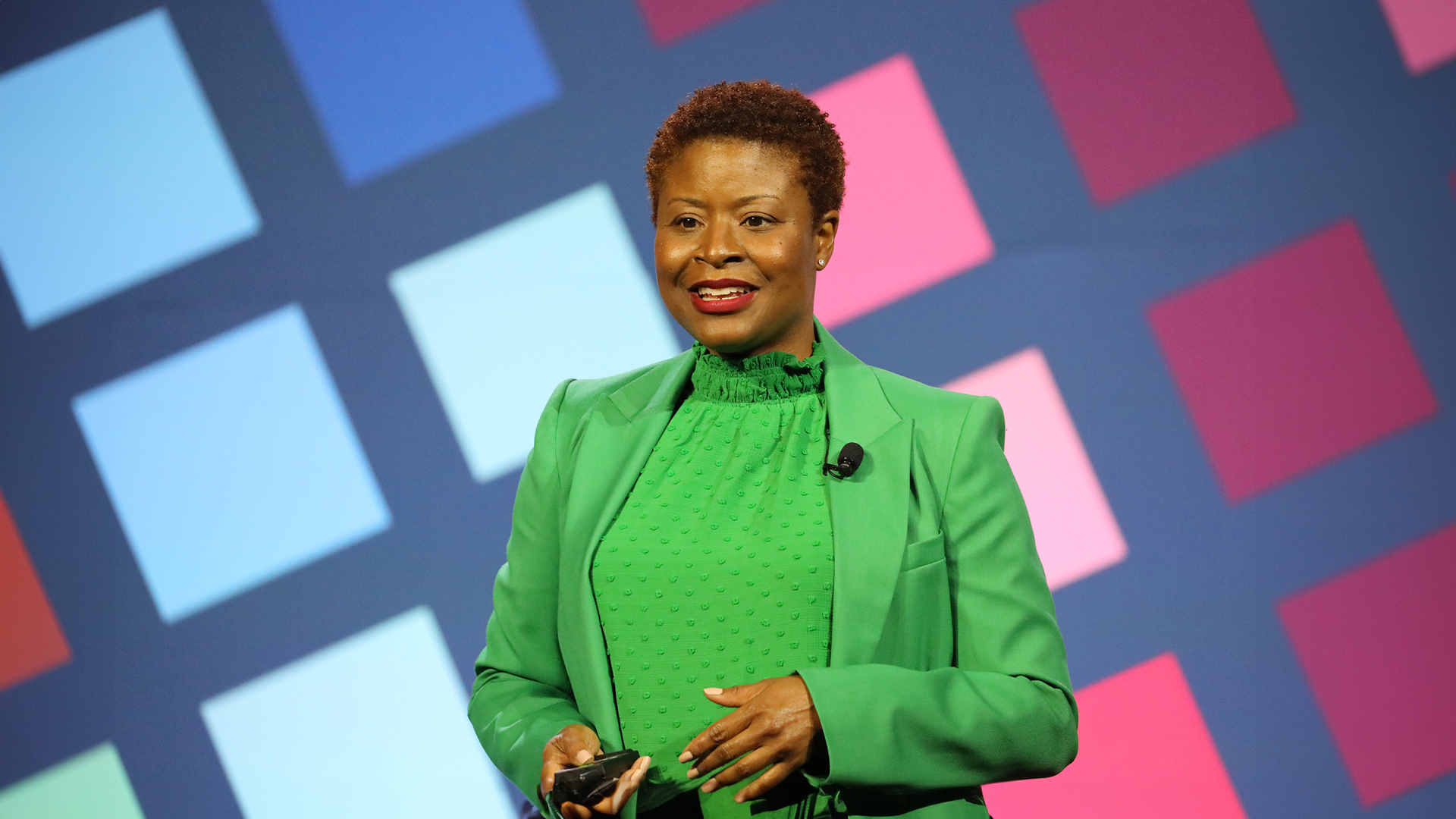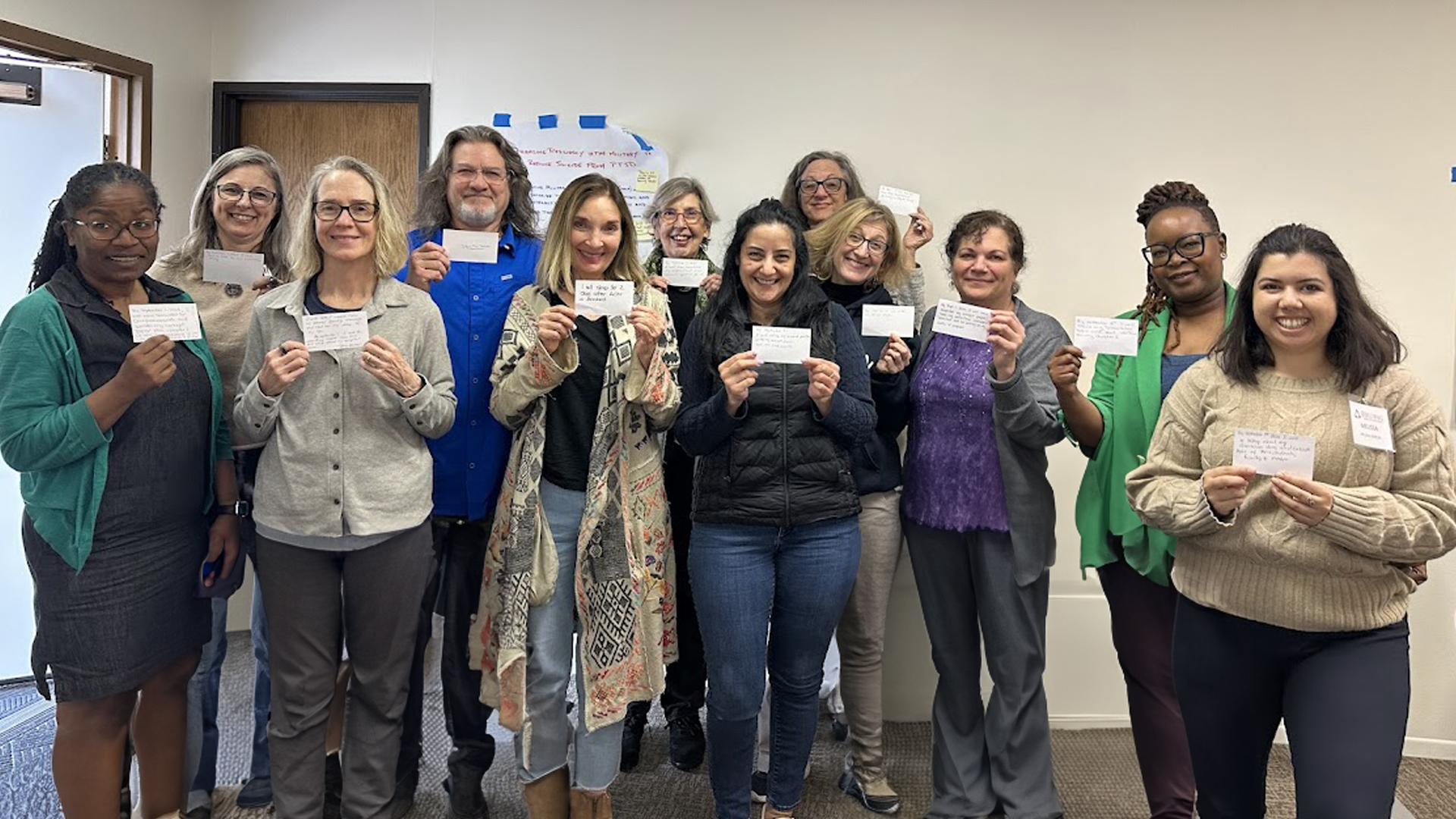What more can we expect from the man who has a documented history of disparaging Black women?

(L-R) New York Attorney General Letitia James and Fulton County GA District Attorney Fani Willis. (Photo by David Dee Delgado/Getty Images and Photo by David Walter Banks)
Two Black women are leading the way to hold Donald Trump accountable—and he is using every trick in the book to discredit them. While this is the behavior people have come to expect from the former president, his actions actually reflect the tragic and historical treatment of Black women in the workplace in this country.
And still, we get the job done.
Trump is scheduled to return to New York for a deposition this week in a business fraud lawsuit filed against him and his company by New York Attorney General Letitia James.
Attorney General James, the first Black woman to hold statewide office in New York, has filed a lawsuit alleging that Trump, three of his adult children, and others at the Trump Organization purposely misled lenders and insurance companies about the value of his assets to secure favorable rates. James seeks to recover over $250 million in what her office called “ill-gotten gains” from fraud and bar the Trumps from serving as executives of any company operating in New York.
The former president has said that James is a “racist” prosecutor and blasted her for engaging in a political “witch hunt” against him.
Additionally, in Georgia, there is a long-running investigation by Fulton County District Attorney Fani Willis, the first Black woman to lead Georgia’s largest district office. The investigation centers on Trump’s effort to overturn the 2020 election in Georgia and is nearing a decision point in the coming weeks. Wiilis’ investigation has targeted a wide range of conduct centered around efforts to subvert the democratic process and overturn Trump’s 2020 election loss.
In response to her pursuit of these charges, Trump has also called her “racist” as well as a “local rogue” prosecutor who is “incompetent” and unable to do her job properly and has challenged her authority.
As we look at these cases and more of the debacle of Trump in court in the coming weeks, I can’t help but think about what more we can expect from a man who has continuously disparaged Black women.
We have seen it from him time and time again. He has attacked Vice President Kamala Harris and called her a “monster” and a “nasty woman.” As well as Congresswoman Maxine Waters (D-CA), when he questioned her intelligence and said she had “an extraordinarily low IQ.”
Even while president, he repeatedly attacked Black women reporters during his press conferences. White House Correspondents Abby Phillip, April Ryan, and Yamiche Alcindor earned his contempt for asking him questions. Trump called one of Phillip’s questions “stupid,” described Ryan as “a loser,” and brushed off Alcindor, saying her question was “racist.”
The uncritical expectation of Black women’s labor encourages someone like Trump to dismiss the qualifications of a candidate or the otherwise valid political criticisms they raise because of their gender and race. Who they are actually, their interiority does not matter. And while this rationale worked for centuries, since 1619 to be exact, it is harder to accept when Black women grace the roles and positions once reserved as the birthright of propertied white men.
Despite Black women’s significant contributions to society, we are perceived to be ‘in service’ to institutions and structures and dismissed for the natural authority of our personhood and the roles we hold within those institutions. My most recent book, “Black Women at Work: On Refusal and Recovery,” discusses the historic underpinnings of Black women’s labor legacy in the U.S., resulting in current-day dynamics and perceptions born out of enslavement and perpetuated by intersecting forces of racism and sexism.
To be clear, Black women at work and in leadership grapple with a beguiling paradox. Our work, labor, and leadership are the bedrock on which the most oppressive and exploitative labor dynamics on this globe are based. Human trafficking and rape hide beneath the euphemism of enslavement, a word that offers very little solace and yet does not access the full brutality of what actually happened to our foremothers.
The enslaved woman, the Black woman, was never meant to be seen, at least on these shores, as human nonetheless in charge, and yet we can not live without her. We cannot thrive without her. Her work makes us comfortable, and her leadership offers a balm in which we imagine “it,” that insurmountable horrible social and cultural issue (like a problematic former president), which might be handled Olivia Pope- Annaliese Keating-style.
Anyone who has followed Trump’s interactions with Black women knows that this is a pattern. They see straight through him and aren’t afraid to speak the truth, and for that, he, in turn, attempts to belittle them. Yet they seem unphased. Not to project a strength on these very human women grappling with the unprecedented, but just to acknowledge an unsurprised-ness in them. A, “Mama told me there’d be days like this-ness” to their approach.
Trump is not the first to degrade Black women for political gain, which is outrageous conduct from a former president, but this is not new to her. Black women have long attended to the spoiled, privileged children of this nation, whose childlike tantrums mirror the attacks they experience in the workplace. Attacks they face for merely doing their jobs well.
What is new and particularly scary is that the former president engages in verbal abuse, then takes it to social media to incite a mob-like violent avalanche by inviting his followers to partake and pile it on. In these dangerous and volatile political times, his behavior is abhorrently irresponsible. This sometimes even transitions into physical harm, as we’ve witnessed repeatedly by renegade lone wolves and organized mobs in our nation’s capital. Bringing this attention and attack to the doors of Black women, whom Malcolm X noted were” the most disrespected and unprotected,” is particularly sinister.
We will have a watchful eye over Attorney General James’ and District Attorney Willis’ cases against Trump in the coming days and weeks. But more importantly, we must keep a protective eye on these Black women leaders who deign to merely do their jobs. Every Black professional woman understands the high stakes of speaking truth to power, even when she holds the positional power to do so.
Stereotypes will continue to influence how society sees and devalues Black women. The limits to her actualizing the power of her role to do the good she aspires to do are at risk, and in cases like those brought against the former president, she is also at severe risk. We must stop normalizing attacks on Black women who dare to do the bold, right thing in their work which just might actually save us all.
Join Over 7,500 Fielding Alumni Located Around The World!
Change the world. Start with yours.™







Get Social